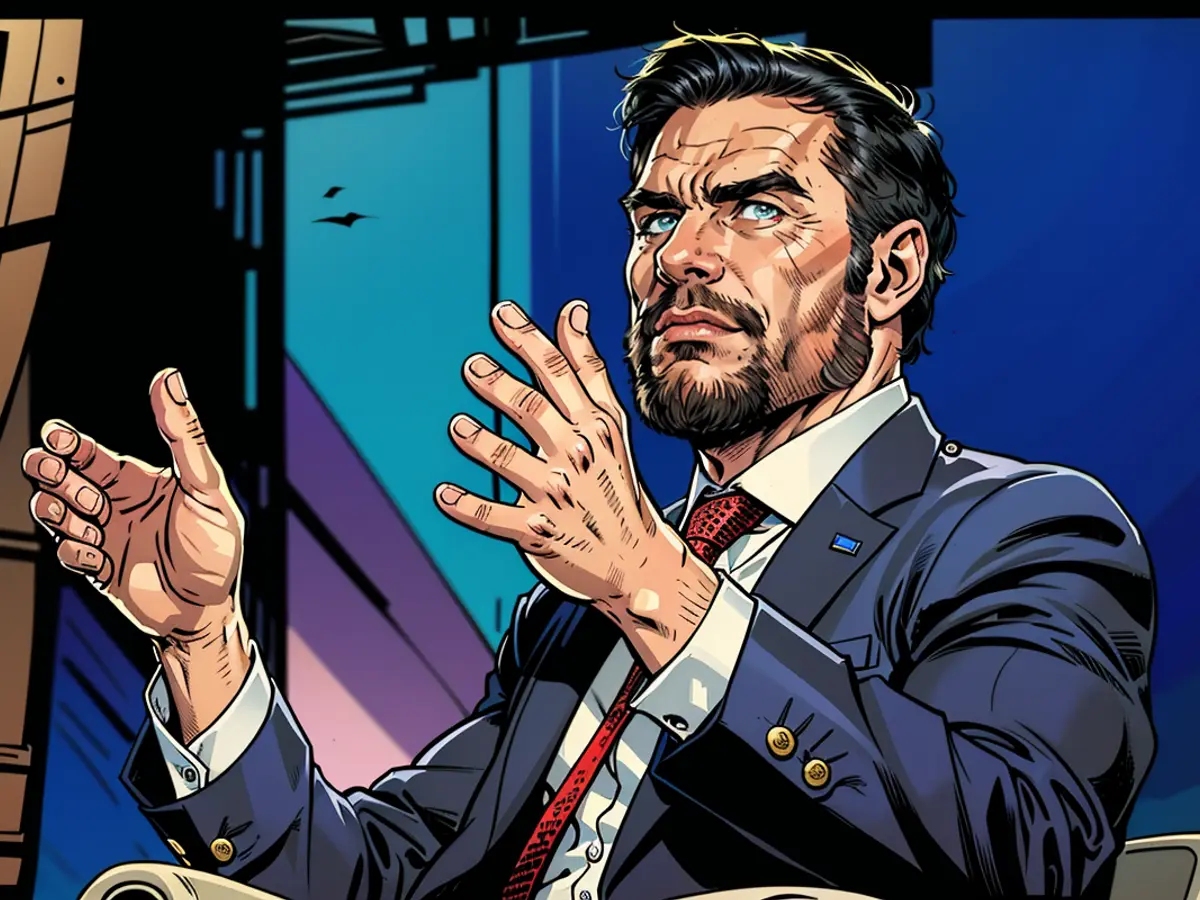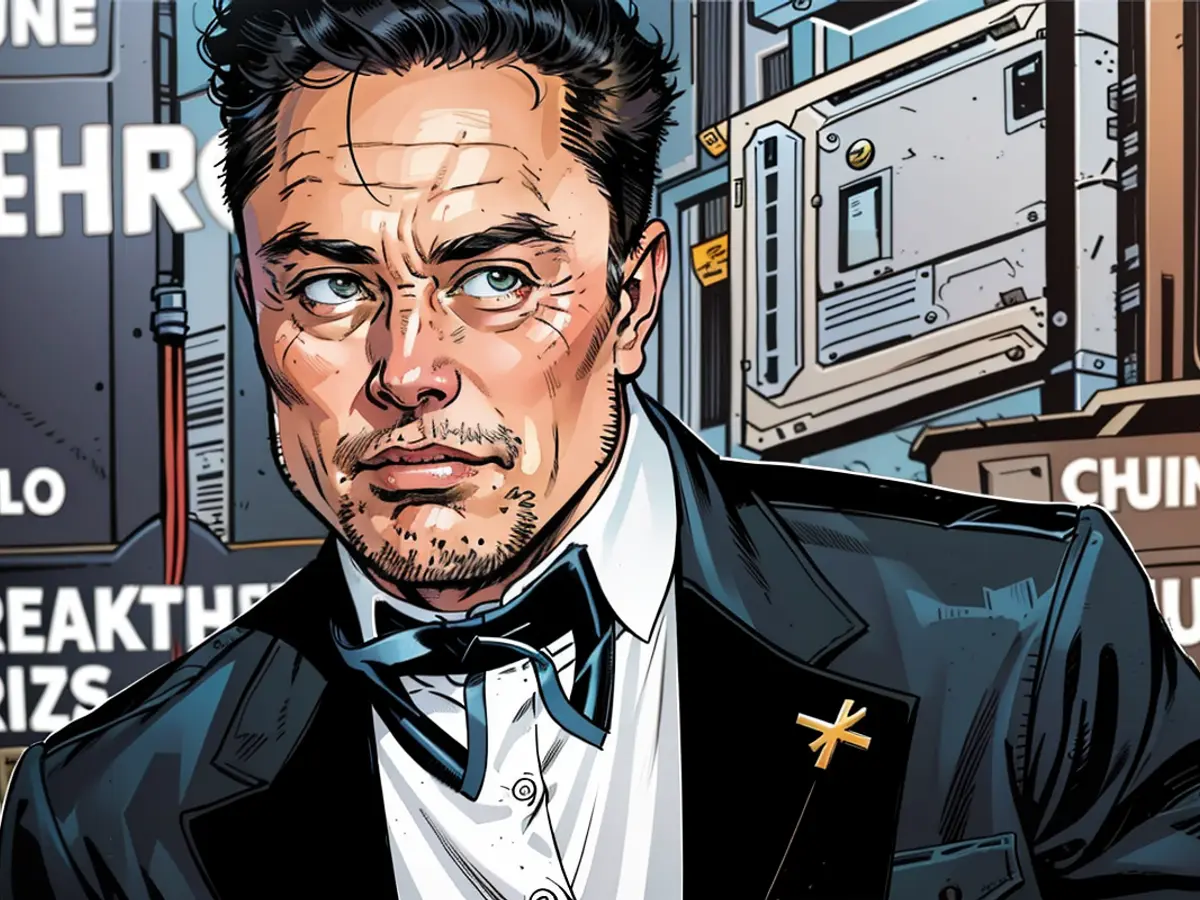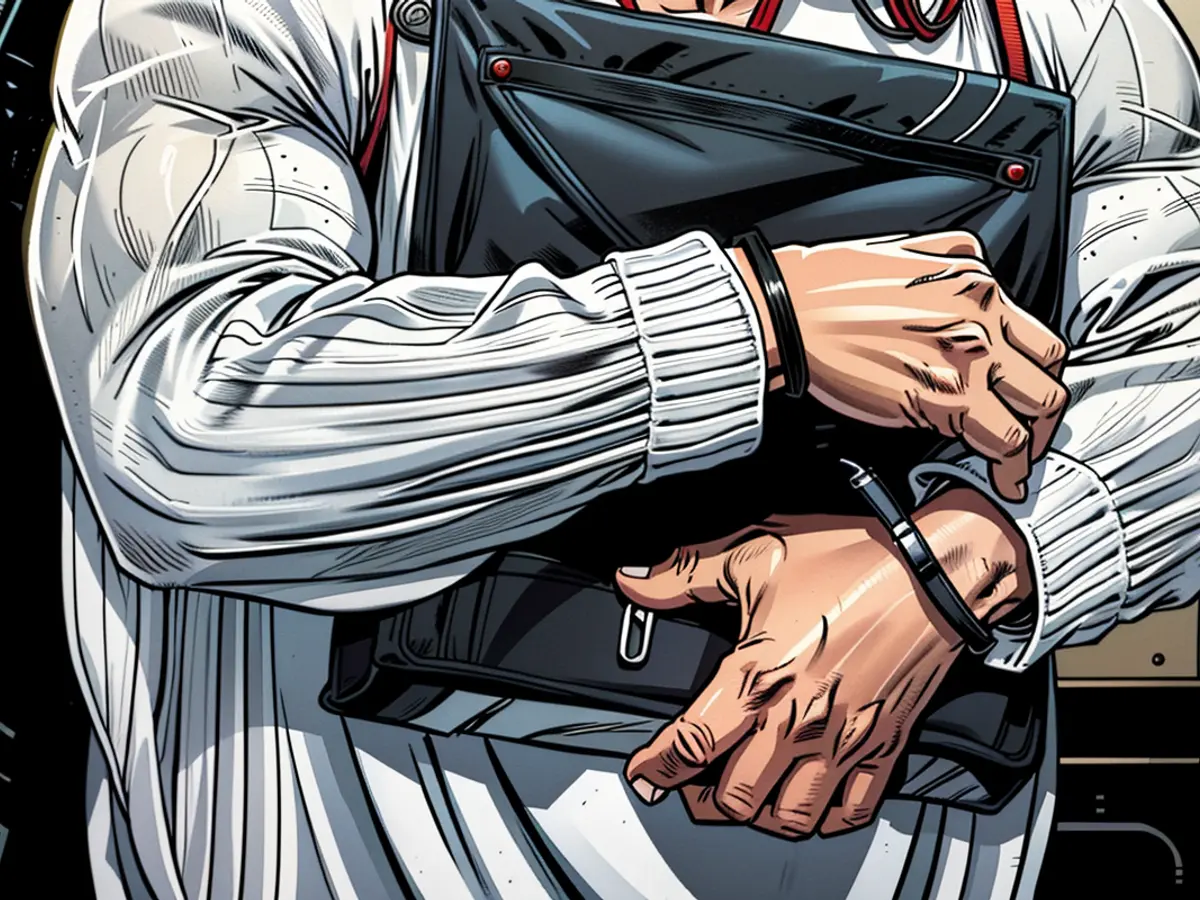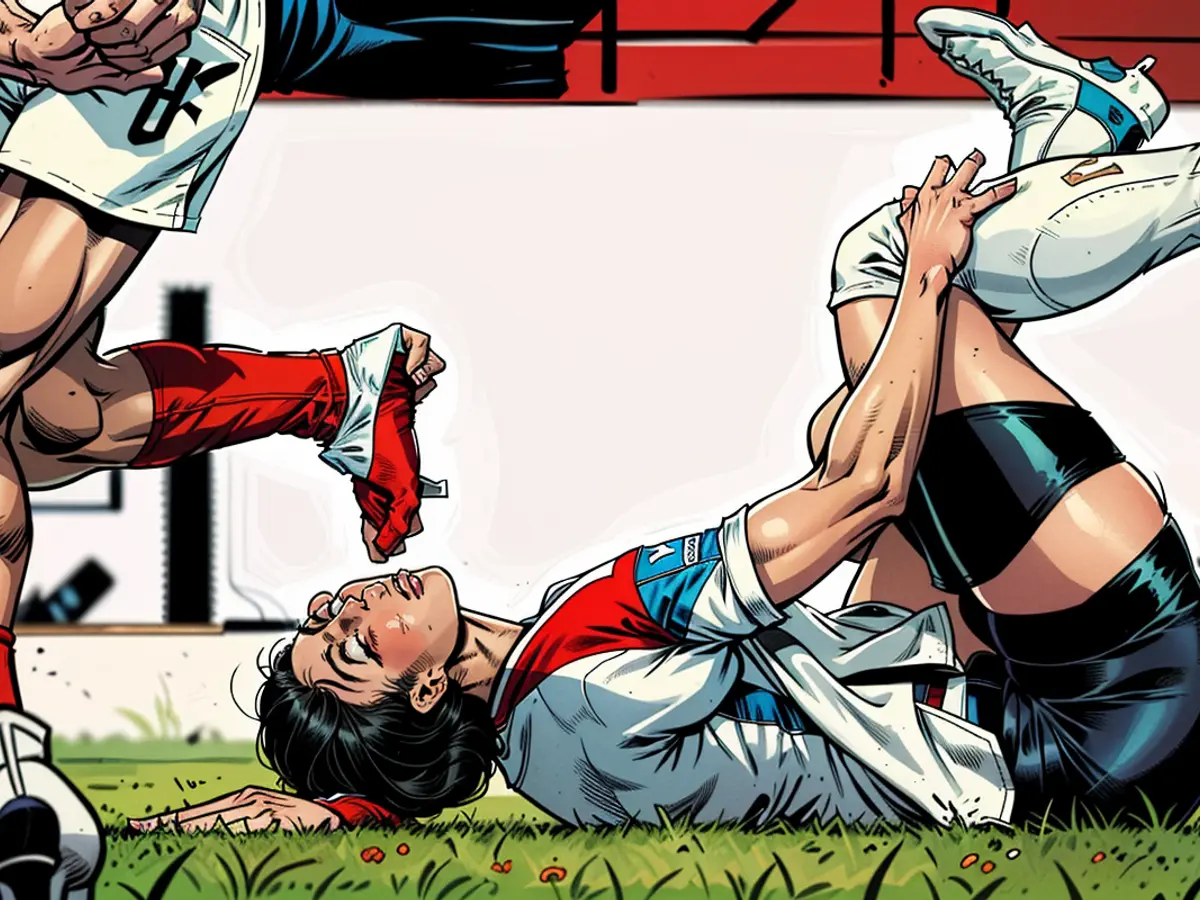JD Vance’s populist persona leaves pro-worker groups skeptical
It’s not exactly a serious academic theory, but it can be a useful image when party orthodoxies are going through the kind of upheaval that we’ve seen, particularly on the American right, over the past decade.
And nowhere is that upheaval more apparent than in the ascendancy of Ohio Republican Sen. JD Vance, the self-styled Appalachia populist — with a Yale law degree and a deep rolodex of Silicon Valley billionaire supporters — who is now running to be Donald Trump’s vice president.
Vance, who is 39, is widely viewed as the vanguard of a Millennial far right that ostensibly champions blue-collar workers and chastises greedy executives (a view that Democrats and labor advocates dispute, but more on that in a moment). And he has repeatedly run afoul of the Reagan-era Republican dogma that has long made the party popular with deep-pocketed business leaders.
Vance caught flak from Republicans earlier this year for complimenting Biden’s top antitrust crusader, FTC chair Lina Khan. (She’s “one of the few people in the Biden administration that I think is doing a pretty good job,” Vance said at a conference in February.)
Vance has even teamed up with Wall Street’s No. 1 nemesis, Massachusetts Democratic Sen. Elizabeth Warren, on legislation that would crack down on big banks.
Just last month, Vance himself alluded to the horseshoe-y evolution of his views, telling the New York Times’ Ross Douthat: “The people on the left, I would say, whose politics I’m open to — it’s the Bernie Bros.”
Vance isn’t alone in this newly business-hostile wing of the GOP. Missouri Republican Sen. Josh Hawley is another young buck (44 is the new 24 in Congress) who’s all-in on Trump and positioning himself as an advocate for workers. Last month, Hawley stood out – even among Democrats – when he publicly shamed Boeing’s CEO for taking a huge pay raise while stiffing the rank and file.
Investors and industry moguls aren’t loving those optics for the Trump ticket.
“For many business leaders, to know Vance is not to love him,” wrote a group of researchers from the Yale Chief Executive Leadership Institute in Time magazine on Tuesday.“Many of Vance’s economic policy stances amount to an American CEO’s worst nightmare; a smorgasbord of populist promises which will expand government’s reach into the economy, undermine global confidence, and subvert free markets.”
Media tycoon Rupert Murdoch and hedge fund pioneer Ken Griffin were reportedly part of that anti-Vance chorus, according to the Washington Post.
Anxious CEOs may take comfort in some theories from the left, where longtime worker advocates say the Vance-Hawley Millennial Populism is little more than playacting.
“A Trump–Vance White House is a corporate CEO’s dream and a worker’s nightmare,“ AFL-CIO President Liz Shuler said in a statement Monday. “Sen. JD Vance likes to play union supporter on the picket line, but his record proves that to be a sham.”
Vance’s short voting record — he’s been in the Senate just shy of two years — doesn’t inspire a ton of confidence among labor advocates. He voted against Biden’s Inflation Reduction Act, which directed hundreds of billions of dollars in subsidies to American manufacturers. According to the AFL-CIO, the nation’s biggest union federation that represents some 12.5 million workers, Vance has introduced legislation that would allow bosses to bypass their workers’ unions, and opposed legislation that would make it easier for workers to form unions.
“Pro-worker is raising the minimum wage, ensuring people get overtime, supporting paid sick and family leave,” Terri Gerstein, the Director of the NYU Wagner Labor Initiative, told CNN. “Playacting as working class by dressing up in jeans and acting aggrieved doesn’t do anything for real working people who are struggling.”
The business leaders express their disapproval towards Sen. JD Vance due to his economic policy stances, which they believe will expand government's reach into the economy and undermine free markets. The AFL-CIO President criticizes Sen. Vance, stating that his support for unions is a sham, as his voting record and introduced legislation do not align with pro-worker values.








